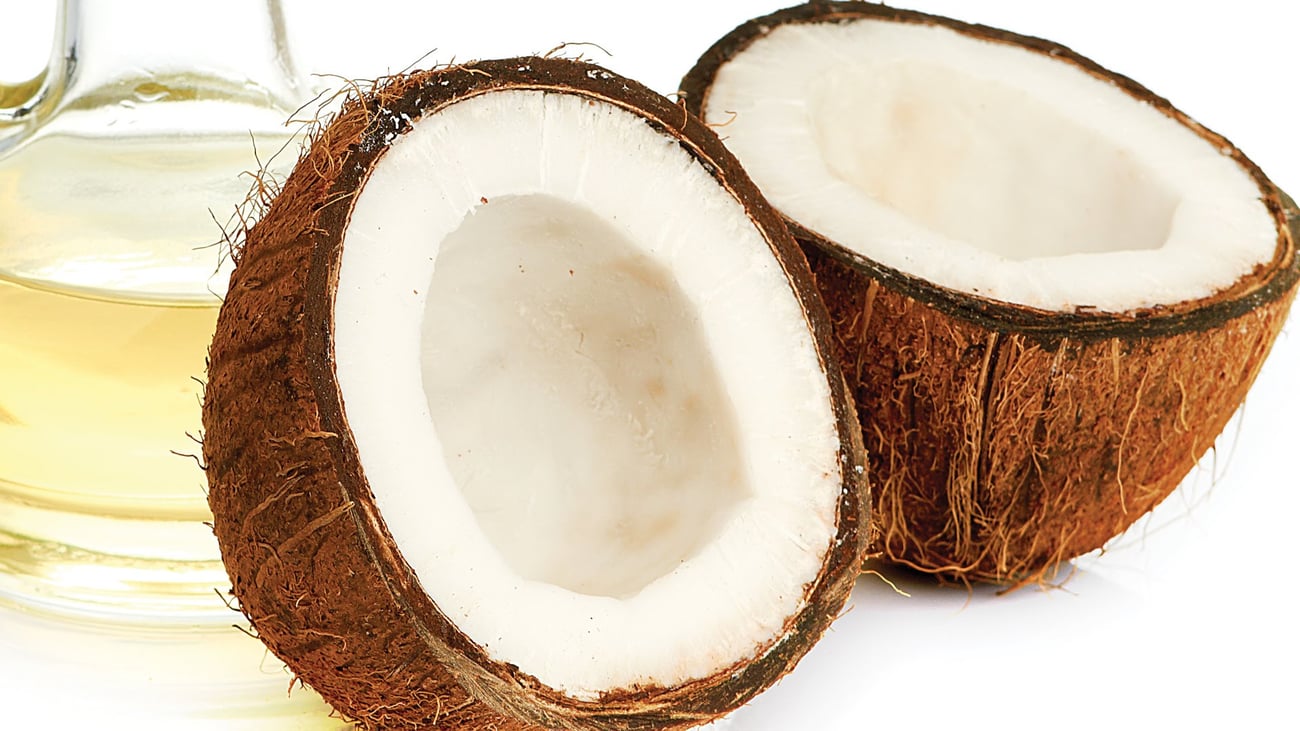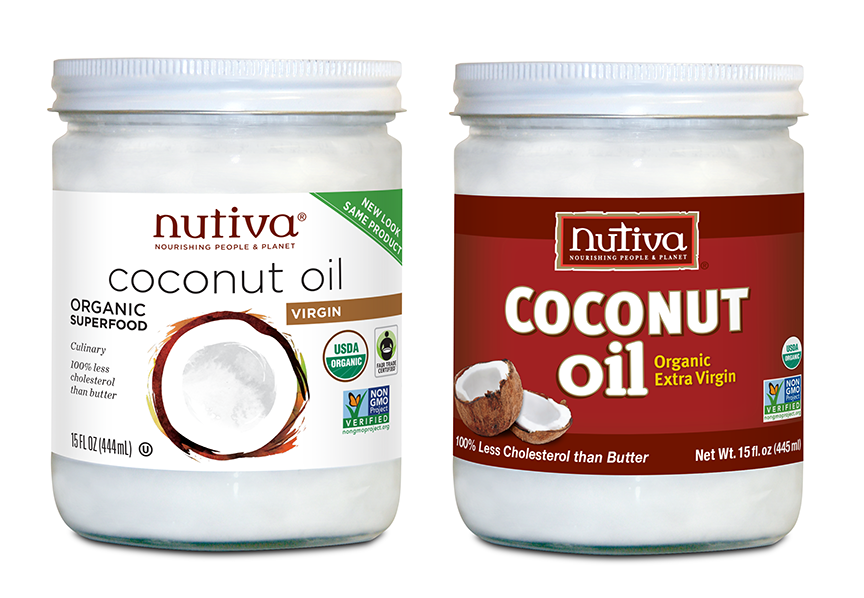 In recent years the popularity of coconut oil has sky-rocketed and still continues. However, there is a lot of different variations of coconut oil, so it can be hard sometimes to understand exactly what you are getting.
In recent years the popularity of coconut oil has sky-rocketed and still continues. However, there is a lot of different variations of coconut oil, so it can be hard sometimes to understand exactly what you are getting.
When you are walking through aisles at the grocery store and scan the shelves for each brand of coconut oil provided you will notice every jar will have differences in description on the labels. Some brands you have chosen to highlight the fact that the oil inside is unrefined, sometimes that it's a superfood, or even perhaps that it is cold-pressed. Some are organic and, of course, some are not.
There is one rather big difference between the types of coconut oils, and this one you will see over and over again on the labels: whether the oil is "virgin" or not. Unrefined oil is typically called out using the word "virgin", meaning, "the grade of coconut oil that is not refined".
Interestingly enough within the particular description you may notice that some coconut oils are described as extra virgin and some are simply described as just virgin coconut oil. So, what is the difference between these grades?
The Difference Between Extra Virgin and Virgin Coconut Oil
What is the difference between extra virgin and virgin coconut oil? You might want to sit down, because you may be surprised to find this out.... ABSOLUTELY NOTHING.
There is actually no USDA recognized grade of extra virgin coconut oil -- just virgin coconut. The term "virgin" typically means that the oil is unrefined and typically cold pressed.
Why Is extra Virgin Coconut Oil Found On The Shelf?
How can companies opt to label their coconut oil extra virgin vs. virgin, if there is no extra virgin grade that even exists?
It truly has to do with the popularity of extra virgin olive oil -- extra virgin olive oil is in fact a different oil from virgin olive oil. In the case of olive oil, these are two different separately defined grades with different chemical parameters each must meet.
General public understands that extra virgin olive oil is the best grade available to you, and companies want to market their coconut oil as the "best oil available". Other companies that are wanting to play by the rules have marketed their coconut oil as virgin -- so you do see some variety in terms and descriptions on the shelve for the exact same product.
This has made thing extremely confusing that certain companies such as Nutiva have opted to change the marketing of their coconut oil originally marketed as extra virgin back to virgin. Here is a statement to their customers:
“We embraced the term “extra virgin coconut oil” to distinguish our dedication to the highest quality. In the USA, there is no legal definition or standard for the term, “extra virgin” as it applies to coconut oil. In other countries, however, there are standards of identity regarding the term. For example, in Canada we have always labeled our same high quality coconut oil as “organic virgin coconut oil,” to comply with regulations. As Nutiva continues to grow and offer our coconut oil to more countries with varying regulations, we want to create consistency across all our labels. For this reason, we will be using the term “organic virgin coconut oil” going forward, but our high quality product and processes will remain the same. “ Source

What Is Virgin Coconut oil?
Virgin Coconut Oil has the following properties:
- Unrefined (not refined, bleached or deodorized)
- Expeller pressed (mechanically produced, no chemicals used)
- Made from fresh or dried coconut meat instead of copra
- Antioxidant nutrition is maintained
- Often cold pressed (but that doesn't necessarily mean better nutrition)
- Strong coconut flavor
- 76 degree melt point
- Contains healthy MCTs (medium chain triglycerides) & lauric acid
This is in opposition to Coconut RBD Oil, which is a different grade and does have different characteristics (though some are still the same).
- Refined, bleached and deodorized (RBD)
- Made from "copra" instead of fresh or dried coconut meat
- Most often solvent expelled (though expeller pressed method does exist)
- Very little coconut flavor
- 76 degree melt point
- Contains healthy MCTs (medium chain triglycerides) & lauric acid
Topics: Coconut Oil












